I loved Martha’ McPhee’s Dear Money. The book’s voice is funny and smart, its observations nuanced and searing. Martha’s thoughtful commentary is both right on the money (as it were) and somewhat scary. There is so much in Dear Money that made me smile with wry identification, so many details that rang true from both the deliberately non-flashy Maine coastal life and from the deliberately oh-so-flashy Manhattan finance world.
As I ran this weekend in Marion, down streets whose houses are so familiar as to be almost like people, standing silently around the borders of my memories, I found myself thinking yet again of the Maine house at the center of Dear Money’s narrative. One Marion house in particular always strikes me when I run, a large, beautiful house, the line of whose chimneys and eaves against the hydrangea blue sky I can see with my eyes closed. As this house floated into my vision, again, I thought of how Dear Money is simultaneously a love letter to a house and a piece of piercing commentary on what houses became during the frothy finance era of 2004-2007.
Houses – and this one house in Maine in particular – are at the very heart of Dear Money. They represent what, after the turn of the century, the American public decided it was owed. A house is shorthand for the rich destiny to which the average person so stubbornly determined they deserved. The house in Maine also stands for the characters’ most cherished dreams of how their lives will look.
Dear Money is ultimately about the interplay between creativity and material success, the deep longing for and fascination with that those in each world have for the other, of the inevitable and somewhat depressing impossibility of mingling the two. India Palmer, the protagonist, becomes a bond trader basically on a dare, walking away from a life as a published and critically, if not commercially, successful novelist. She trades places, basically, with the husband of a couple with whom she and her husband are close. These two friends walk into each others’ worlds and Martha traces, with telling detail and devastating honesty, the ways that this ripples throughout both of their lives.
As I thought about this review I kept hearing the CSNY song “Change Partners” in my head, imagining the ways that some people dance with the same muse or calling their whole lives, and other switch, and wondering about the reasoning behind and the ramifications of that switch. Perhaps, as someone with a foot in both of the worlds that Martha so unerringly describes, I am especially moved by this novel.
Fascinating character populate Dear Money. There are the two couples at the center of the story, but the extended ecosystem is beautifully rendered as well, with colleagues and peers from the worlds of both literature and finance stepping in and out of the story. India and her husband Theodor enjoy a realistic and truly solid marriage, and the ways in which they are jarringly similar to and yet widely different from their friends Will and Emma. Win Johns, the aptly-named svengali who transforms India’s life, is entertaining and believable even in his over-the-top-ness.
I loved Dear Money. It’s one of those novels into which you can fall headfirst and languish, utterly absorbed in its story and world. Martha’s observations, though tinged with cynicism, always felt warm-hearted to me, informed by an abiding faith in the basic goodness of people. The book’s conclusion, as I understand it, is that people are complicated, various, and profoundly driven by what they want most fiercely. Martha resists simple categorizations of right and wrong or good and bad. It is her ability to pull off such a textured depiction of a world that has often been rendered in black and white that I am most impressed by. There is no easy answer and no obvious high road. There is, instead, a world populated by confused and dreamy people, paddling desperately, not sure if they are moving forward or back.
 Emily (softly, more in wonder than in grief):
Emily (softly, more in wonder than in grief):
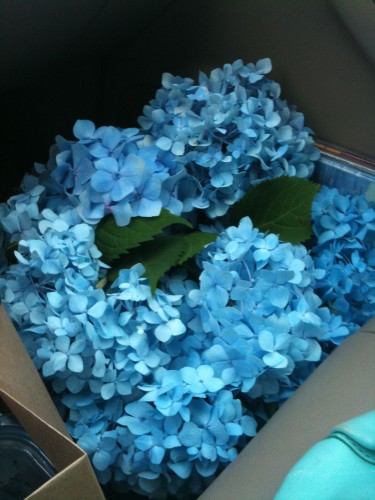
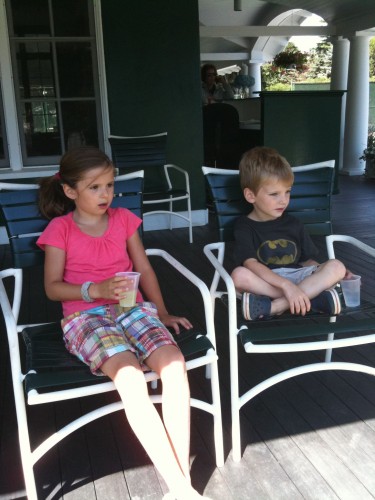
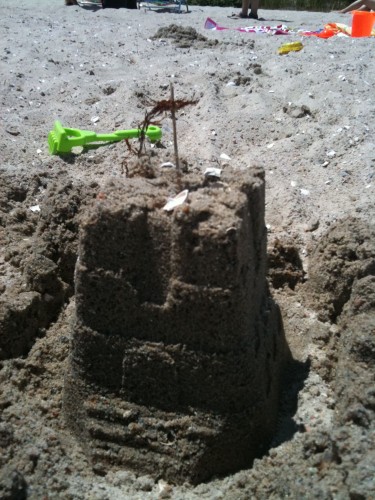
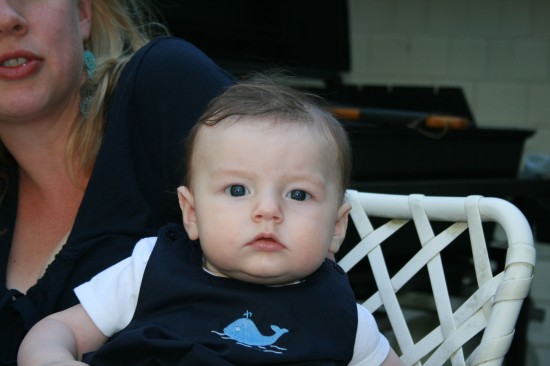
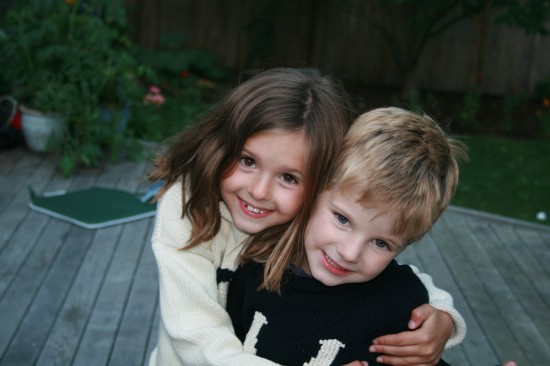
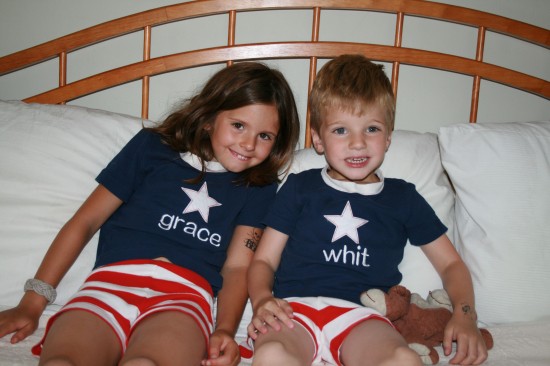
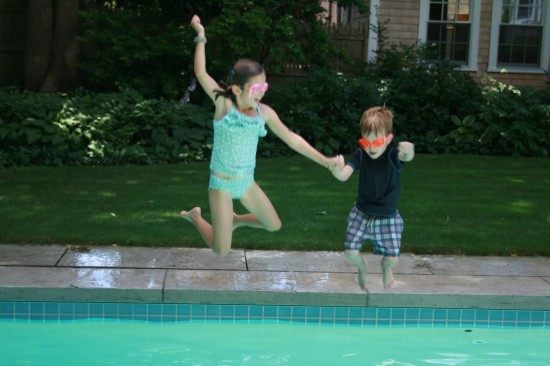
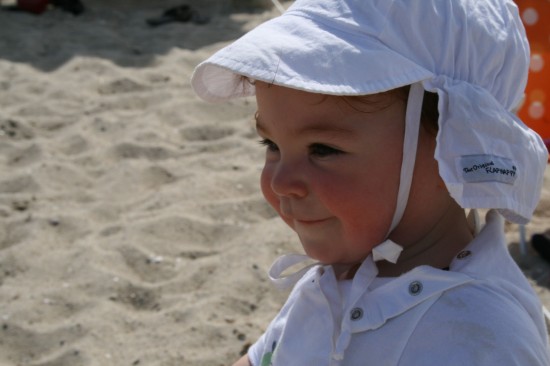

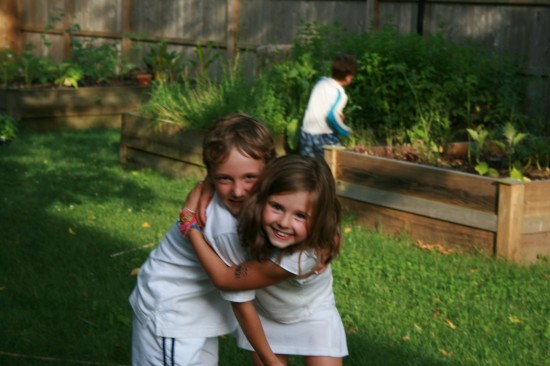
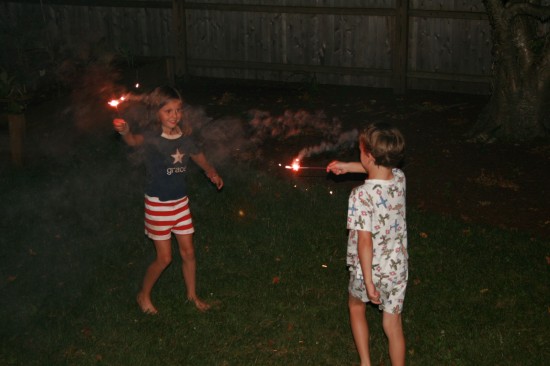
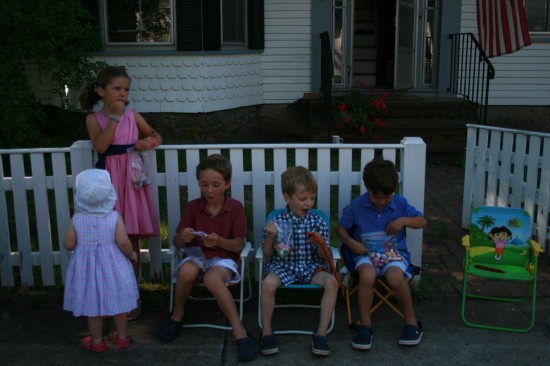
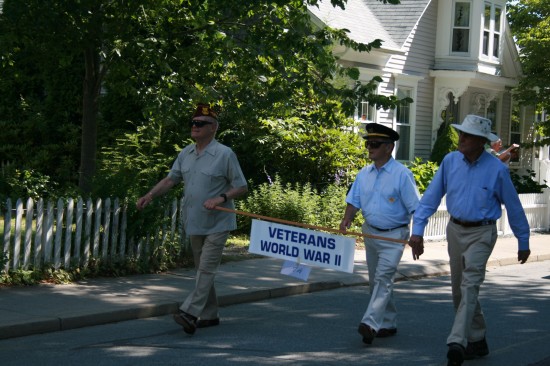
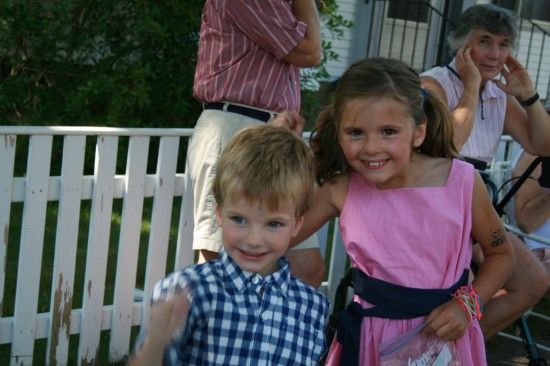
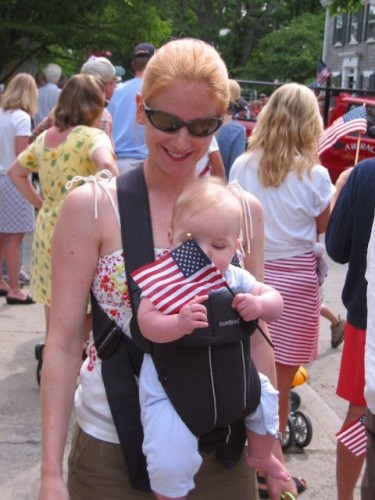 Whit 2005
Whit 2005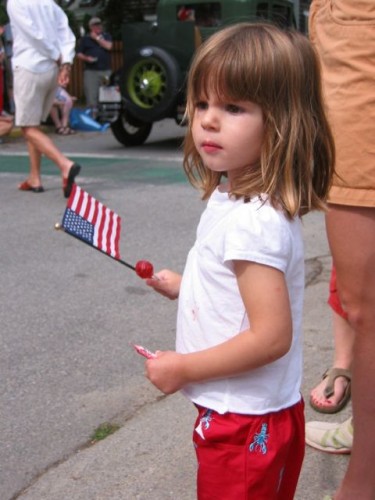 Grace 2005
Grace 2005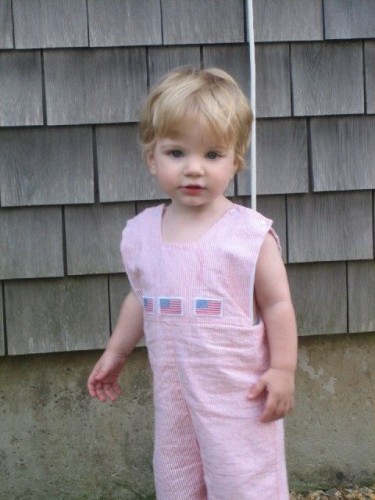 Whit 2006
Whit 2006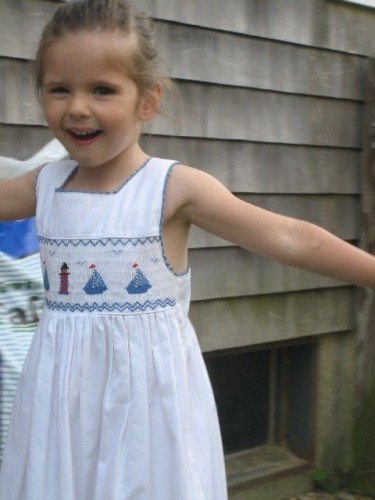 Grace 2006
Grace 2006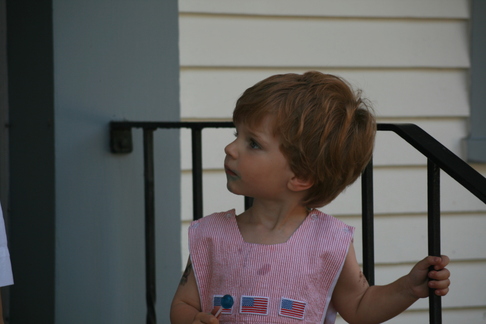 Whit 2007 (same outfits, different year!)
Whit 2007 (same outfits, different year!)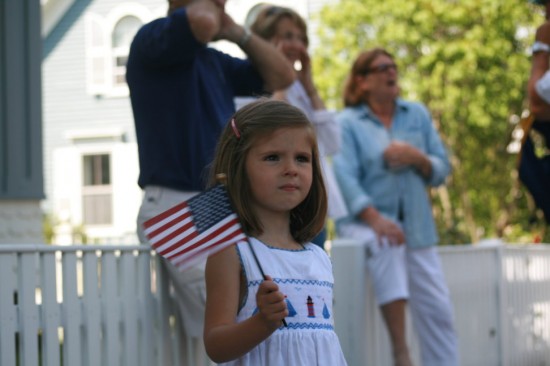 Grace 2007
Grace 2007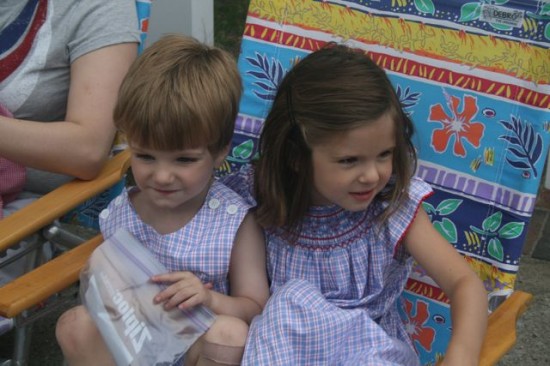 2008
2008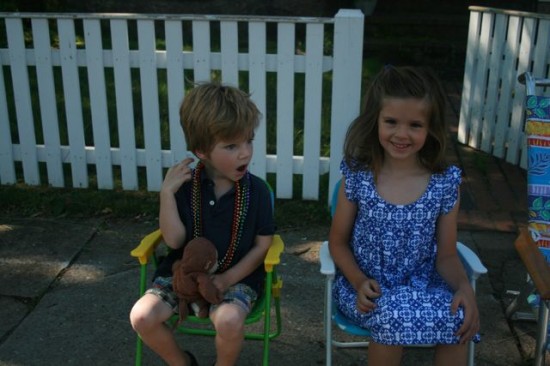 2009
2009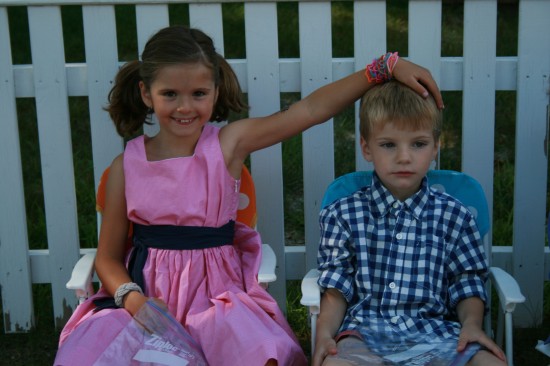 2010
2010